Are you afraid of going back home simply because it is empty? In other words, you might be showing signs of what is autophobia.
The symptoms of autophobia can make you feel really scared and leave you anxious about your surroundings! It can make you feel alone even within a room full of people!
This article will help you get a handle on what is autophobia and how to face it. We will also provide you with what causes autophobia as it will help you to identify the source of your fears!
But first, let us look at what is autophobia.
What Is Autophobia
Autophobia is a deep fear of being alone that can make someone feel really scared and anxious, even when they’re not by themselves. This fear can show up in different ways, like worrying about being left behind or having to go home without anyone else.

People might also hear it called monophobia, eremophobia, or isolophobia, but it all means the same thing.
It’s important to remember that being afraid of being alone is not the same as feeling lonely. When you’re lonely, you feel sad because you don’t have enough good connections with other people.
But with autophobia, it’s more about feeling really scared or worried about being by yourself, no matter how many friends or family members you have. It’s like a big, strong fear that stays with you, even when you’re around others.
Knowing this difference can help people get the right help and find ways to feel better.
So, what causes autophobia? Knowing where this fear comes from is the first step to dealing with it. Understanding it can help you feel stronger and more in control.
Read More: Autophobia: 13 Signs, Causes, Treatment And Coping Tips
Autophobia vs. Monophobia
Autophobia and monophobia are both about being scared of being alone, but there’s a small difference. Being afraid of being by yourself is what is autophobia, while monophobia is more about being left alone or separated from someone you love.
Even though they’re both about being alone, monophobia is more about the fear of being away from someone you care about.
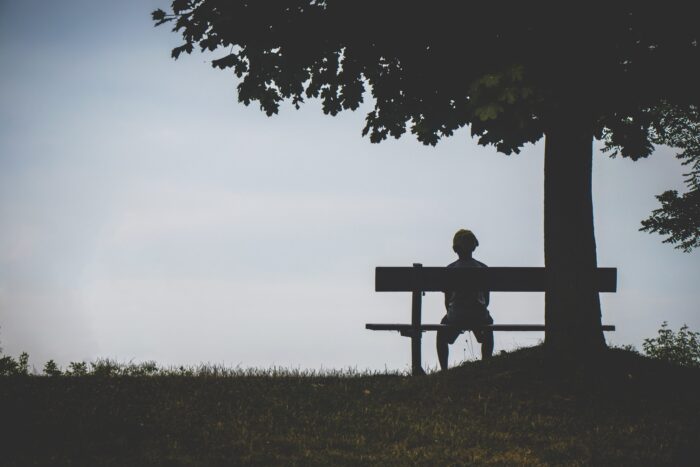
Knowing the difference between autophobia vs. monophobia can help us understand what people are going through and how to help them manage these fears.
Just as what causes autophobia, the causes of monophobia, just like those of other specific fears, are still being studied. Experts think that a mix of things can make someone develop this fear.
Read More: Fear Of Missing Out (FOMO): 13 Mental Health Effects
According to research, monophobia usually starts showing up when someone is pretty young, around 10 years old, but it can happen at any age. If someone has gone through a really scary experience all by themselves, it could make them more likely to develop monophobia.
Also, people who are more sensitive might be more likely to develop this fear compared to others. Understanding the differences between what is autophobia vs. monophobia can help us find better ways to help people overcome the fear of being alone.
Read More: What Are Phobias? 16 Signs, Causes, How To Overcome Phobia
What Causes Autophobia
Autophobia, or the phobia of being alone, is a condition that experts are still trying to understand. Like many other phobias, such as monophobia, it involves having an irrational fear.
This fear can be a result of past experiences, like childhood trauma or adversity. Sometimes, people can learn this fear from someone close to them, like a parent or a friend.
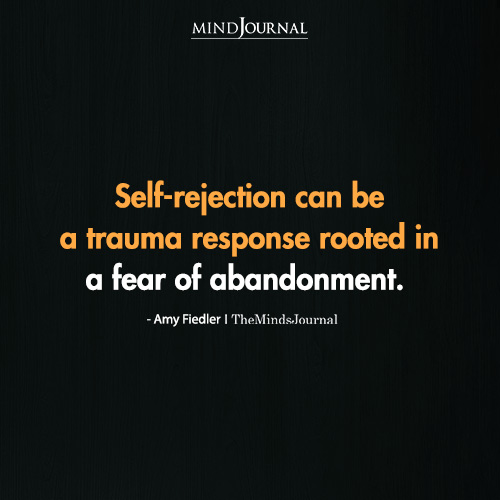
Read More: 8 Types Of Childhood Trauma And How To Heal From Them
In children, autophobia can develop after going through difficult situations, such as neglect, their parents getting divorced, or dealing with a parent’s mental health issues or drug addiction.
Other factors may include physical or sexual abuse, living in poverty for a long time, the loss of a loved one like a parent or sibling, or being separated from parents for an extended period.
Read More: What Are the Psychological Effects of Divorce on Kids? Grasping the Long-Term Impacts
Some other things that could potentially cause autophobia are:
- Feeling like nobody cares about you or being left alone.
- Your parents getting divorced or losing a parent when you were a kid.
- Getting lost in a big crowd or public place and not finding your loved ones.
- Having a scary experience like a panic attack or an accident when there’s nobody around to help.
- Seeing something really traumatic happen and not having anyone to comfort you.
However, it’s important to note that even though we’ve learned about some potential causes of autophobia, there is still limited on the subject. Researchers are working to better understand this fear, but there is much more to learn.
Let’s now delve into the symptoms of autophobia.
Read More: Why You Should Get To Know Your Fears
Symptoms Of Autophobia
Autophobia, like other specific phobias, comes with a set of symptoms. It means feeling really anxious at the thought of being alone.
These symptoms of autophobia can include:
- Feeling scared or anxious when you’re by yourself or even just thinking about it.
- Trying to avoid situations where you might be alone.
- Having panic attacks.
- Knowing that your fear is bigger than the situation.
- Dealing with general anxiety or feeling really down.
To be diagnosed with a specific phobia, you need to have these symptoms for at least 6 months, and they should have a big impact on your daily life, like your work or your social life.
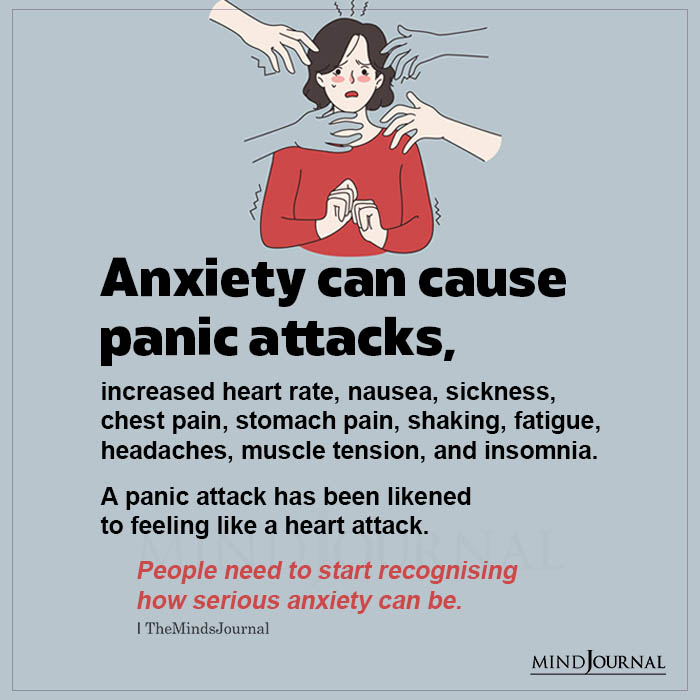
In children, the phobia of being alone can lead to things like crying, tantrums, freezing in one spot, or clinging to a caregiver.
This can strain personal relationships because you might fear that loved ones will leave you, and you’ll end up all alone. If your only fear is about being abandoned, it’s possible that you have separation anxiety disorder instead.
Read More: Separation Anxiety Disorder: 10 Signs, Causes, Tips To Deal
Treating The Phobia Of Being Alone
Treating autophobia, the fear of being alone involves using methods that are commonly used for other fears and anxiety. These methods can include talking to someone about your fears.
Here are accepted steps you can take for treating the phobia of being alone:
1. Therapy
Talking to someone about your fear can be a great help.
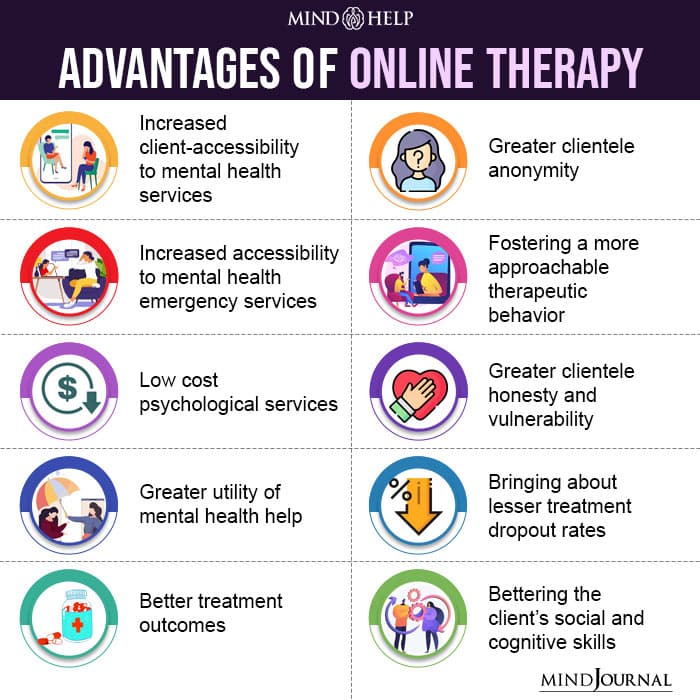
There are two types of therapy that are often used for fears like autophobia:
- Exposure Therapy: This means facing your fear little by little so that it becomes less scary. Your therapist might help you spend more time alone gradually. It can be done in real-life situations or just by thinking about them.
- Cognitive Behavioral Therapy: This therapy helps you change how you think about your fears. It can help you replace scary thoughts with more positive and realistic ones.
Read More: What Is Psychotherapy: Techniques, Types And Benefits
2. Building Connections When Alone
Feeling alone is something we all experience sometimes. When you’re mildly afraid of being alone, staying connected can help.
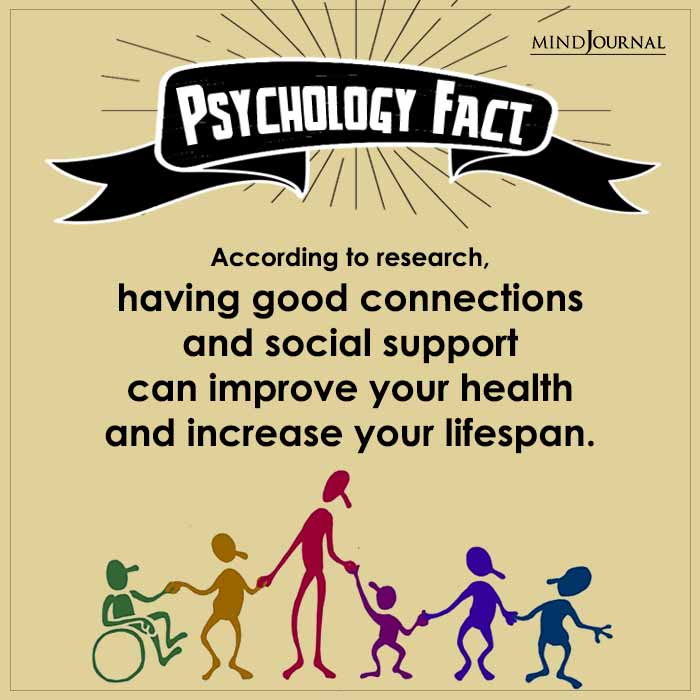
You can call or video chat with friends, listen to music or podcasts, watch videos, read, or watch TV to keep yourself company.
3. Strengthening Social Connections
Your friends are your greatest strength in your path to overcome fear of being alone. It’s not possible to have people around you all the time.
However, building strong relationships and getting support from others can reduce anxiety and loneliness. You can join clubs, volunteer, spend time with friends and family, attend religious gatherings, or join a fitness group.
Read More: The Importance Of Social Connections For Your Health
4. Having a Regular Routine
Keeping a daily routine can make you feel more in control and less anxious. This means doing things like eating, sleeping, and exercising at the same time every day. It can also help to avoid things like too much caffeine and alcohol.
5. Relaxation Techniques
Doing things like deep breathing, exercise, or calming activities like reading or taking a walk can help you relax and feel more at ease. These practices can improve your ability to cope with stress, sleep better, and stay focused and confident.
With the right support and strategies, it’s possible to gradually overcome your fear of being alone and cultivate a sense of inner strength and well-being.
Remember, progress takes time, and every step you take forward, no matter how small, is a significant achievement in your journey.
Read More: What Is Micro Meditation: 7 Easy, Yet Effective Techniques
Overcome Fear Of Being Alone
Conquering your fear of being alone, whether it’s autophobia or monophobia, is a personal journey that begins with understanding the source of your fears. Remember, feeling lonely isn’t the same as being afraid of being alone.
Loneliness often arises from the absence of strong connections, while autophobia is a deeper fear that can persist even when you’re surrounded by loved ones.
Understanding what triggers your fear is the first step in your path to overcome fear of being alone. Whether it stems from past experiences, sensitivity, or learned behavior, identifying the root cause can empower you to take charge of your life.
It’s okay to take your time. Every small step you take forward is a significant victory on your path to overcome fear of being alone and well-being. You have the power to conquer your fear and live a life free from the constraints of autophobia.
Frequently Asked Questions (FAQs)
1. What is autophobia?
Autophobia is an intense fear of being alone, which can make you feel scared and anxious, even when you’re not by yourself. It’s often characterized by worrying about being left behind or having to go home without anyone else.
2. What are the symptoms of autophobia?
Symptoms of autophobia include feeling anxious or scared when alone or at the thought of being alone. Individuals may try to avoid situations where they might be alone, experience panic attacks, or have a general sense of anxiety or sadness.
3. What causes autophobia?
The exact causes of autophobia are still being studied, but it’s believed to result from factors such as childhood trauma, adversity, or learning this fear from close family members or friends. It can also develop after experiencing neglect, parental divorce, parental mental health issues, or addiction.
4. What are the methods for treating the phobia of being alone?
The treatment of autophobia typically involves therapy. Two common types of therapy are exposure therapy, where you gradually confront your fear, and cognitive behavioral therapy, which helps change thought patterns and replace irrational beliefs.
5. How to overcome fear of being alone?
Overcoming the fear of being alone involves understanding the source of your fear, seeking therapy, building connections when alone, strengthening social bonds, maintaining a regular routine, and practicing relaxation techniques.
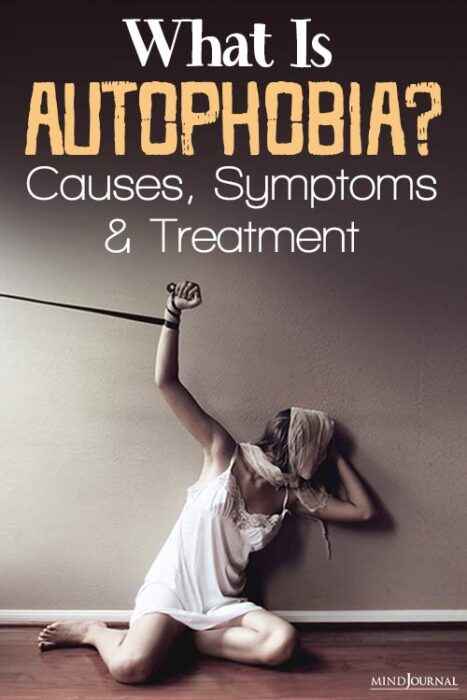
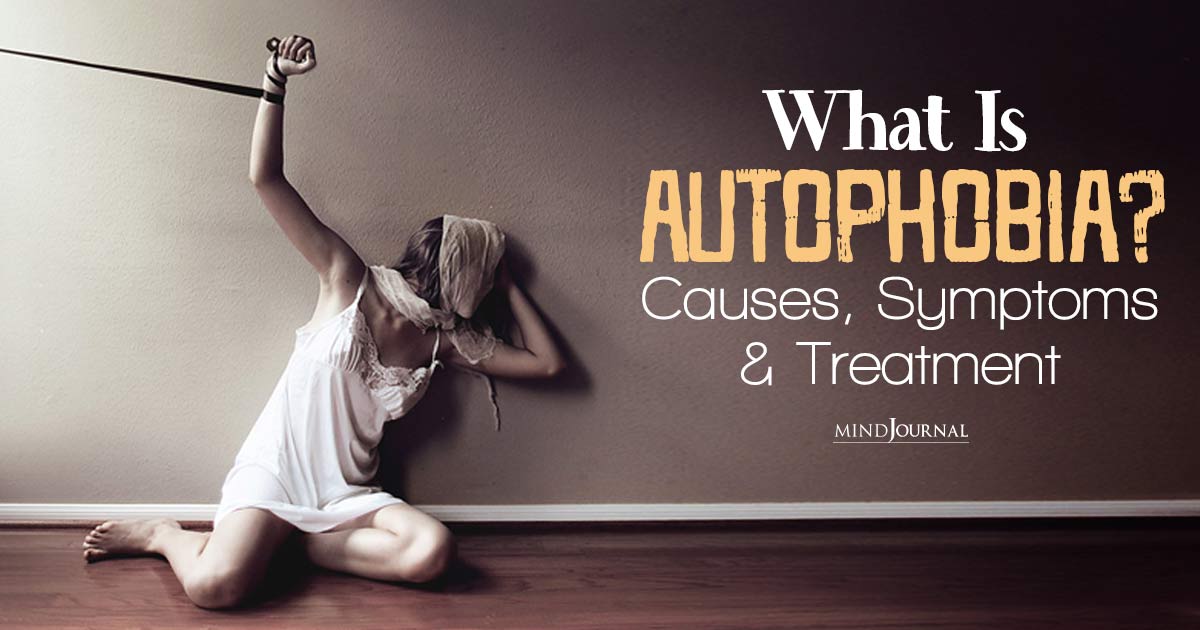
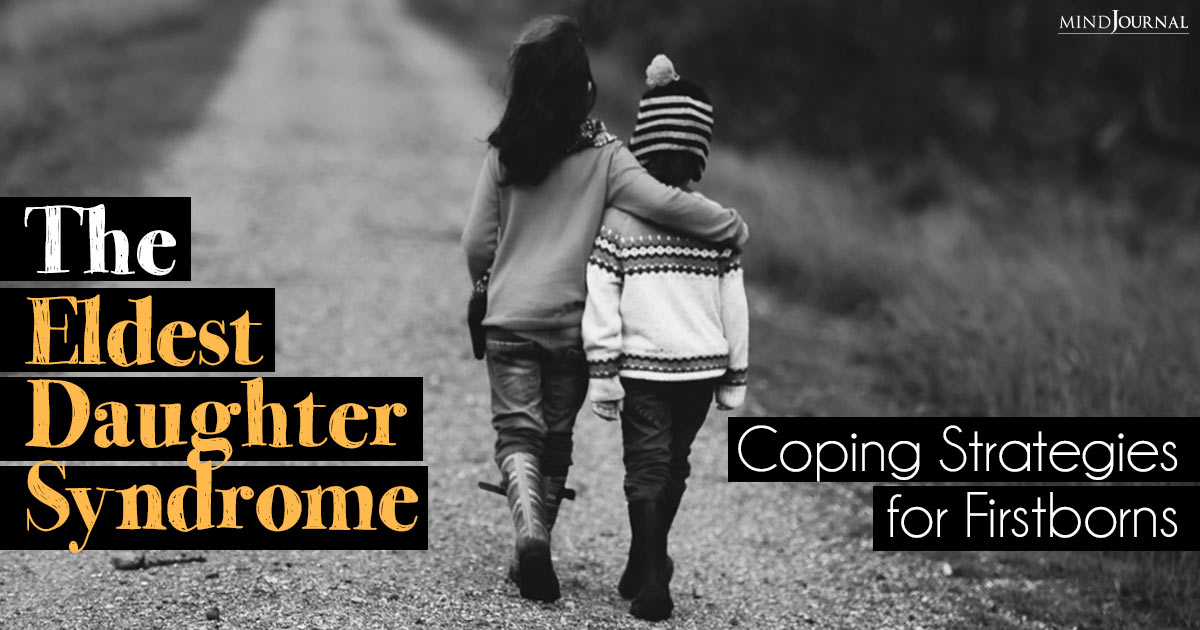
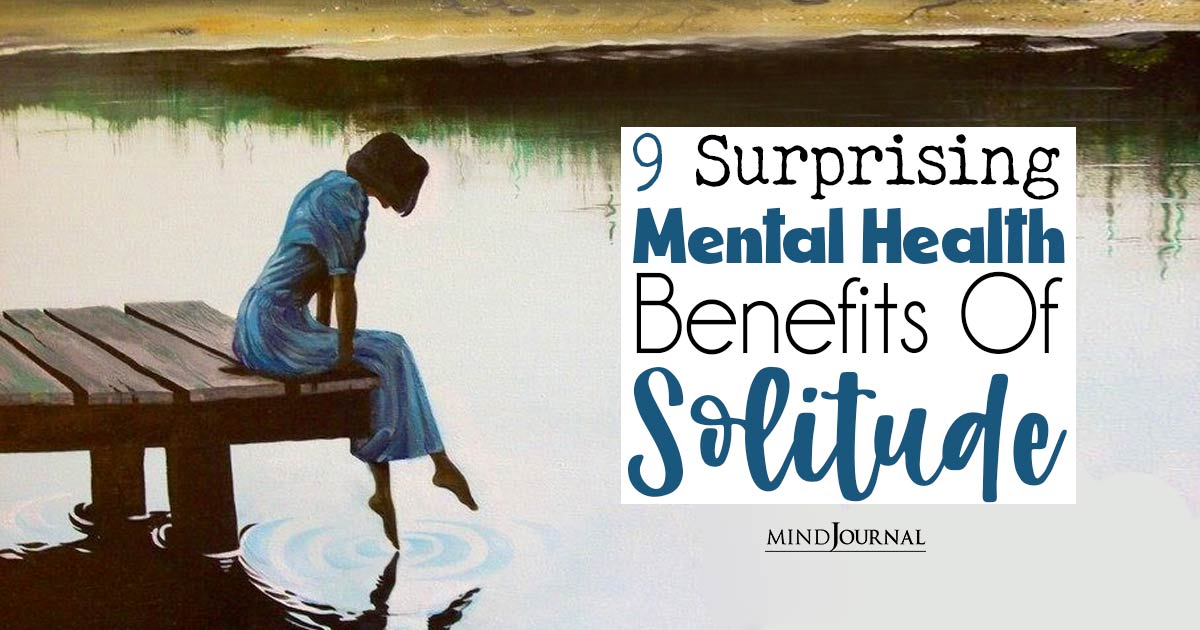

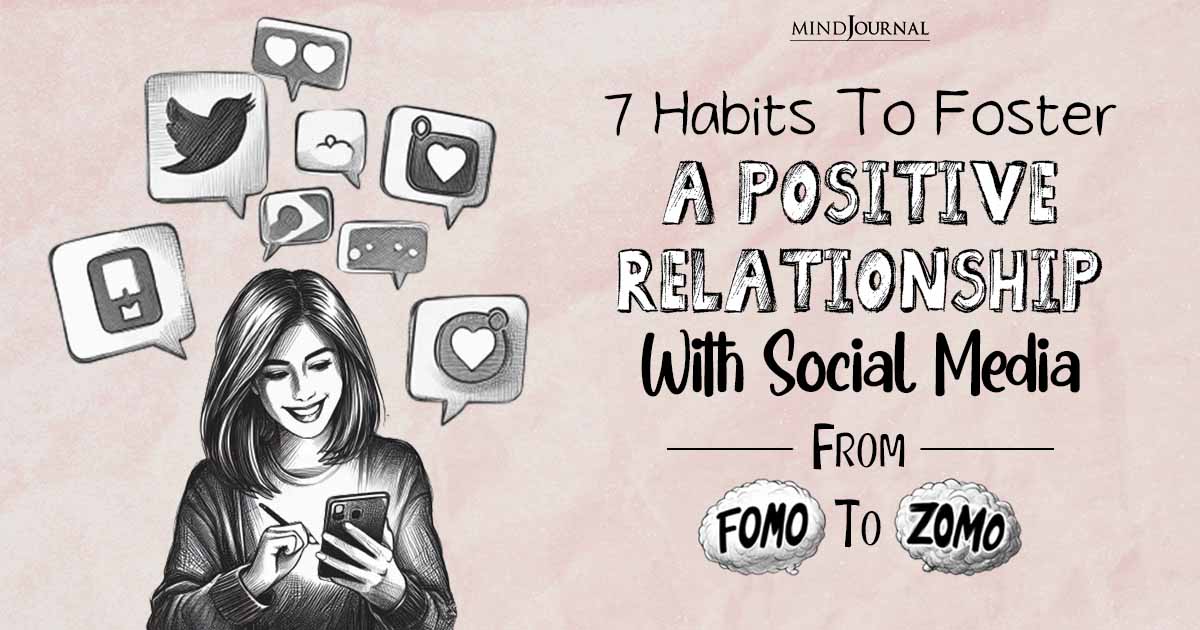

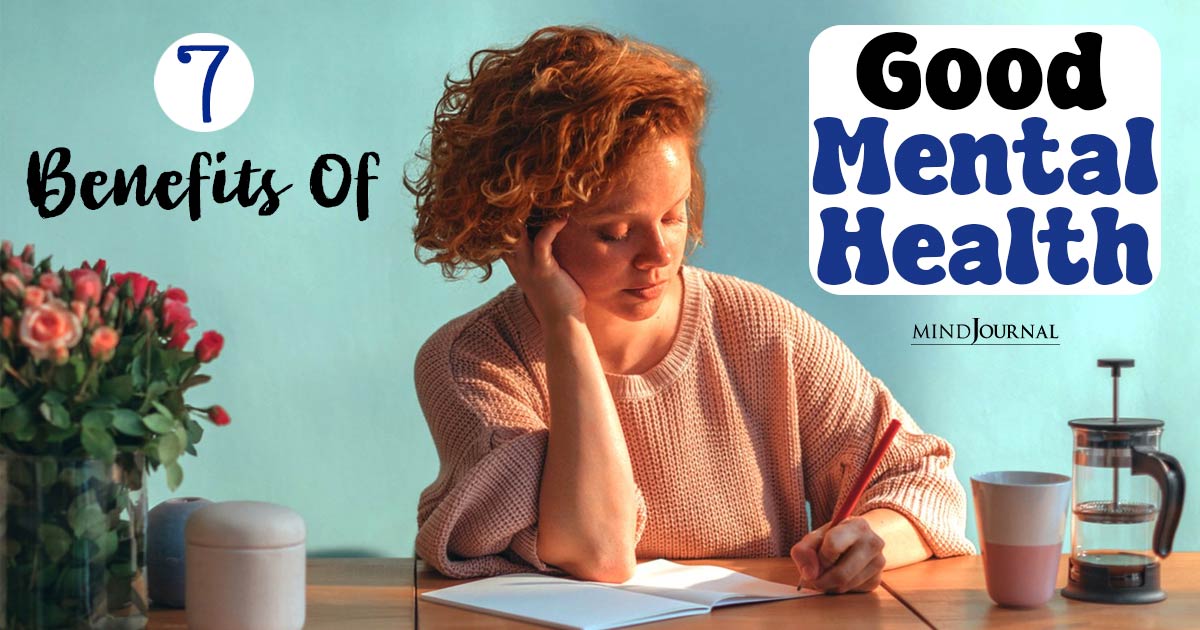
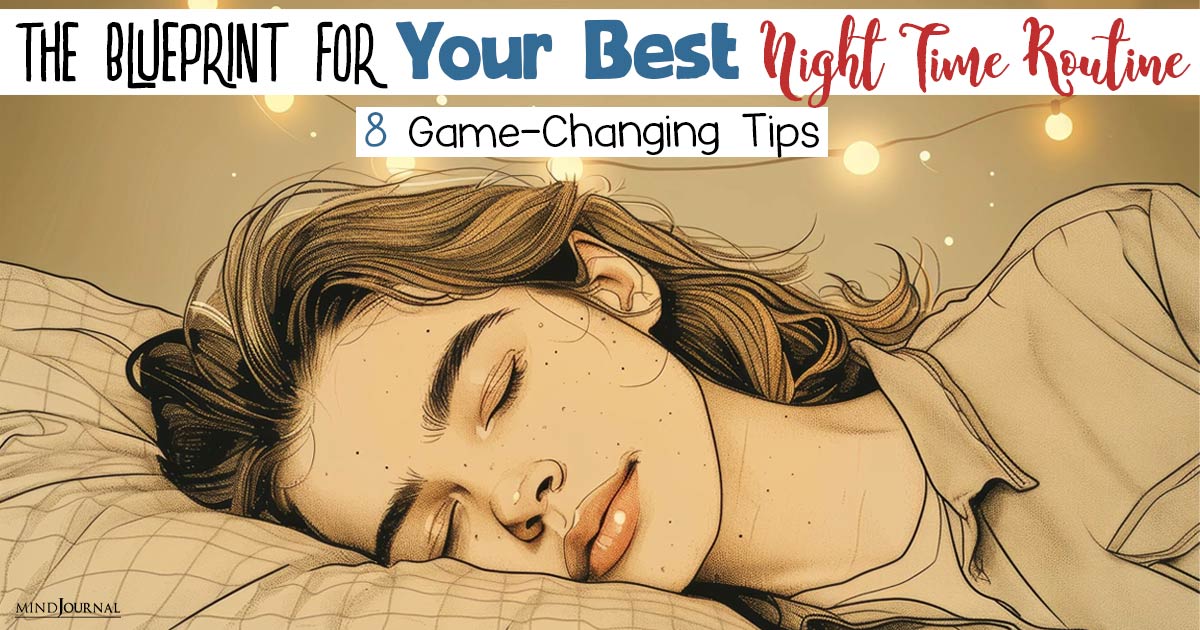
Leave a Reply
You must be logged in to post a comment.